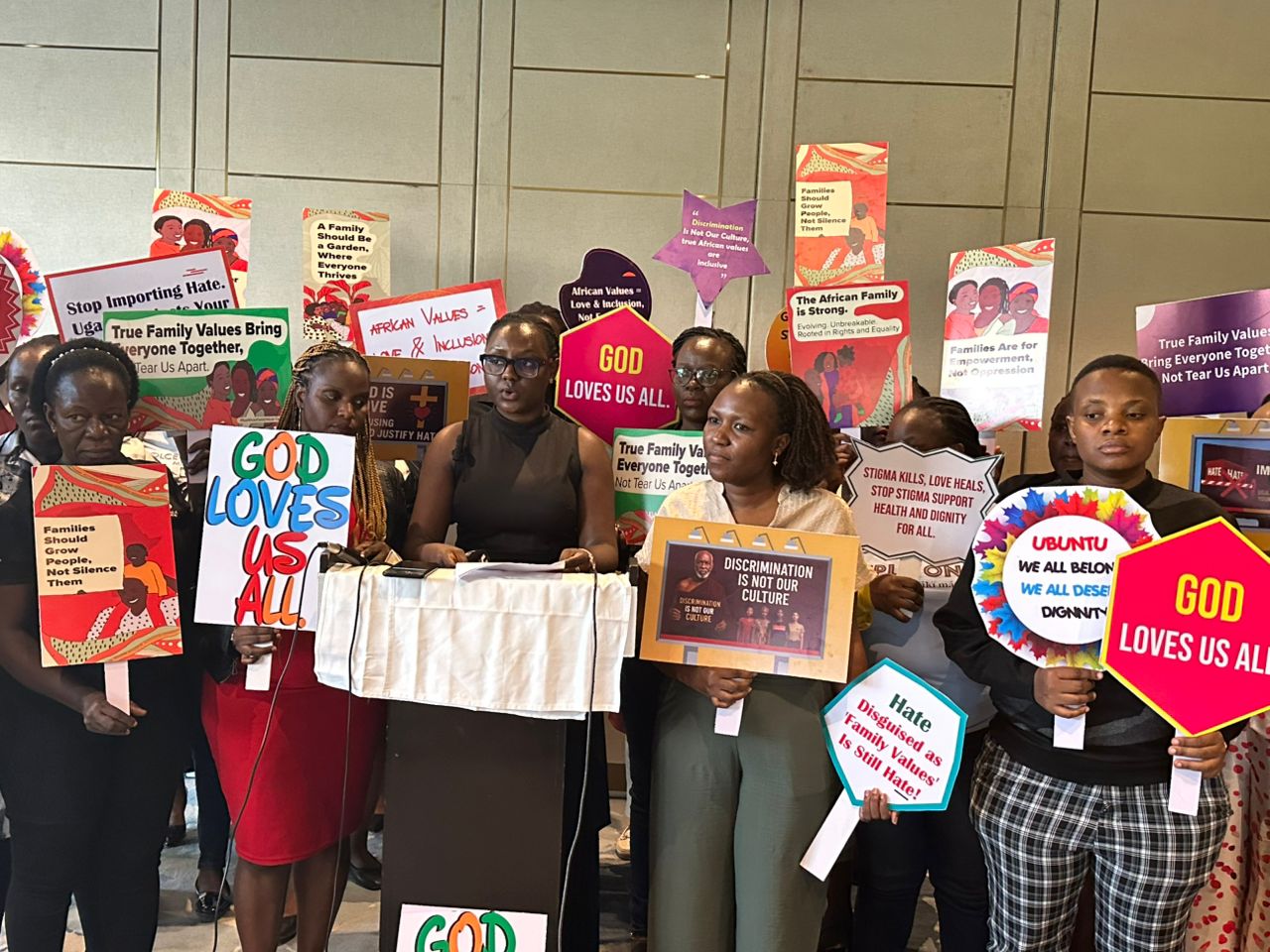As Uganda prepares to host the 3rd Inter-Parliamentary Conference on Family Values and National Sovereignty in Entebbe from May 9–11, 2025, civil society organizations and women’s rights advocates are raising alarm over a troubling trend across Africa.
They warn that “family values” are increasingly being used as a tool to suppress women’s rights under the guise of cultural and religious preservation.
These groups stressed that previous conferences of this nature have resulted in policies that strip women and girls of their basic human rights and dignity, fostering exclusion, discrimination, and objectification.
Yvonne Mpambava, a leading social justice advocate, has expressed deep concern over the conference’s agenda.
She warned that similar events across the continent have led to regressive policies that undermine the rights of women and girls.
“We are not against strengthening families,” Mpambava said. “But we strongly oppose the way these conferences have been used to institutionalize discrimination and objectification of women through conservative interpretations of family values.”
She highlighted a wave of anti-gender narratives sweeping across Africa in the past five years, leading to policies that protect patriarchal norms while undermining the rights of individuals especially women within households.
Mpambava criticized Uganda’s pending National Family Protection Policy and the proposed Marriage Bill, saying they promote a narrow view of the traditional Christian nuclear family while ignoring realities like grandmother-headed, child-headed, and women-headed households.
She noted that criminalizing cohabitation common in Uganda disproportionately targets women and reduces their legal protections.
“It reinforces patriarchal norms and reduces women to mere tools of reproduction,” she said.
She referenced the 2020 Uganda Bureau of Statistics survey, which reported that 56% of Ugandan women had experienced intimate partner violence.
In 2024 alone, police documented 10,792 domestic violence cases involving women. These statistics, she stressed, highlight the need for laws that protect women, not penalize them.
Mpambava called on African legislators and participants of the Entebbe and Nairobi conferences to take action.
She urged the removal of regressive clauses such as the criminalization of cohabitation from the 2024 Marriage Bill.
She demanded the passage of the Sexual Offences Bill after removing provisions that criminalize sex work
“We must resist foreign interference that dictates what African family values should be,” she said.
“Our legislators should uphold African interests and ensure families uplift rather than oppress.”
As the Entebbe conference begins, advocates like Mpambava are pushing back against what they see as efforts to reverse progress in gender equality under the banners of sovereignty and traditional values.
Rose Wakikona, Deputy Executive Director of the Women’s Pro Bono Initiative (WPI), echoed similar concerns, criticizing conferences that push women back into traditional roles of submissiveness and household duty.
Speaking at a recent press briefing, Wakikona argued that the core elements of women’s liberation economic independence, bodily autonomy, and agency are being sidelined in favor of outdated stereotypes.
She questioned whether these conferences truly promote women’s autonomy or empowerment and concluded that they do not.
“These events imply women should give up education and professional growth in favor of outdated roles that limit independence,” she said.
“We want families to be united, but for that to happen, women must be liberated.”
Wakikona also expressed frustration with the delayed passage of critical laws. She pointed out that the Marriage Bill pending since 1964 and the Sexual Offences Bill pending since 2017 remain stalled, despite their importance in protecting women and children.
“If you are pro-family, why aren’t you passing laws that protect people within families?” she asked.
She criticized efforts to reinforce outdated views of men as sole heads of households, arguing that laws must protect all individuals regardless of family structure.
“Whether you prefer a male-headed or equal partnership family, that’s your choice. But the law must protect you especially as a woman.”


